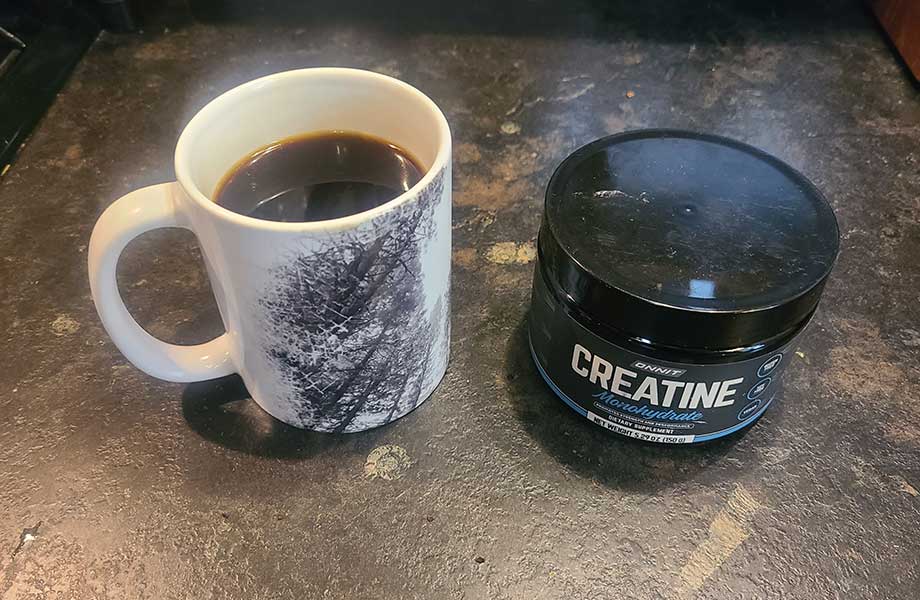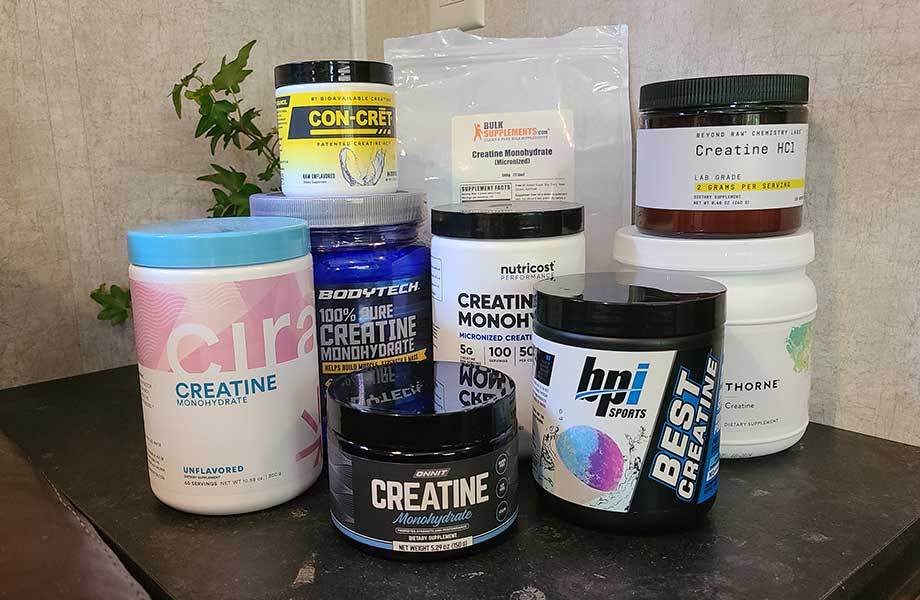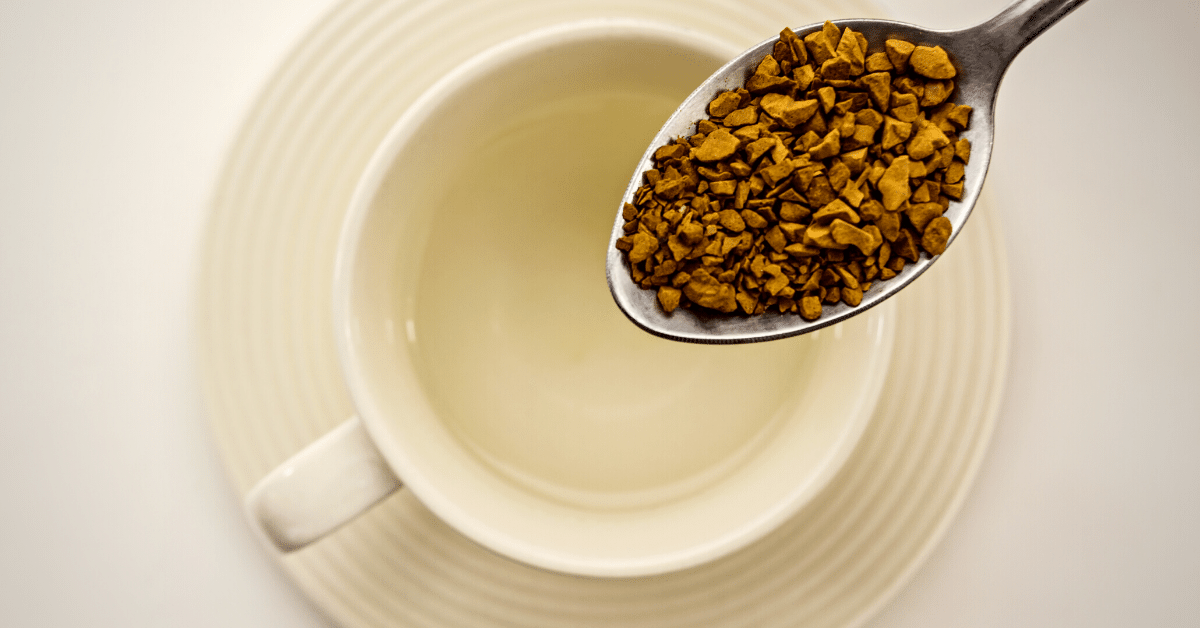Can I Take Creatine In My Coffee

The question of whether creatine, a popular supplement for boosting athletic performance, can be mixed with coffee is a subject of ongoing debate among fitness enthusiasts and scientists alike. This seemingly simple query touches upon complex biochemical interactions and raises concerns about the supplement's efficacy and stability when exposed to heat and acidity.
At the heart of this debate lies the question: Does mixing creatine with coffee compromise its effectiveness? Understanding the stability of creatine in different environments and its potential interactions with caffeine is crucial for consumers seeking to optimize their supplement regimen.
What is Creatine and Why Do People Use It?
Creatine is a naturally occurring compound found in muscle cells. It helps the body produce energy during heavy lifting or high-intensity exercise.
As a supplement, creatine is widely used to increase muscle mass, strength, and exercise performance. It's one of the most researched and proven supplements available.
The Concern: Creatine Stability in Hot Liquids
The primary concern surrounding mixing creatine with coffee is its potential degradation in hot liquids. Studies suggest that creatine can degrade into creatinine, a waste product, in acidic and high-temperature environments.
Some sources indicate that the conversion to creatinine is accelerated by heat and prolonged exposure to liquid.
Therefore, concerns exist that the hot temperature of coffee may lead to a degradation of creatine before it is consumed.
What the Science Says: Is Degradation Significant?
Research on the stability of creatine in solution yields mixed results. A 2003 study published in the International Journal of Sport Nutrition and Exercise Metabolism found that creatine degradation in solution is time-dependent.
The study suggested that while some degradation does occur, it is not necessarily significant over short periods. Other studies indicate that degradation is minimal when creatine is consumed shortly after being mixed.
It's important to note that the temperature and acidity levels of coffee can vary widely, potentially impacting the rate of creatine degradation. However, as it is not cooked, but rather mixed, it's likely that degradation in coffee is negligible when consumed within minutes.
Caffeine's Role: Synergy or Interference?
Beyond stability, the interaction between creatine and caffeine is another area of interest. Some research initially suggested that caffeine might negate the performance-enhancing effects of creatine.
However, more recent studies have challenged this notion, finding no significant negative interaction between the two substances. A 2017 meta-analysis published in the Journal of Strength and Conditioning Research found no evidence that caffeine counteracts the benefits of creatine supplementation.
While early studies raised concerns, the current consensus suggests that creatine and caffeine can be safely consumed together. Further individual responses may vary.
Practical Considerations and Recommendations
Despite scientific assurances, some practical considerations remain. If you choose to mix creatine with coffee, it's recommended to consume the mixture promptly to minimize potential degradation.
Another strategy is to add creatine to cooled coffee or iced coffee to reduce the risk of heat-induced breakdown. Individuals sensitive to caffeine should also monitor their intake to avoid adverse effects such as anxiety or insomnia.
Ultimately, the decision to mix creatine with coffee is a personal one. If you're unsure, consulting with a healthcare professional or registered dietitian is always advisable.
Expert Opinions
Many sports nutritionists suggest focusing on consistency with creatine supplementation rather than obsessing over the specific timing or method of ingestion. "The most important factor is ensuring you're taking creatine daily to maintain elevated muscle creatine stores," says Dr. Emily Carter, a registered dietitian specializing in sports nutrition.
"Whether you mix it with coffee, juice, or water is less critical than simply being consistent with your supplementation." She also adds that the placebo effect can play a role.
Dr. Carter advises individuals to experiment and find a method that works best for them, as long as it doesn't cause any digestive discomfort or other adverse effects.
The Bottom Line: A Matter of Preference
In conclusion, while the theoretical possibility of creatine degradation in hot coffee exists, the practical impact is likely minimal, especially if consumed promptly. The interaction between creatine and caffeine appears to be largely benign, based on current research.
The choice of mixing creatine with coffee ultimately comes down to personal preference and convenience. Consistency in supplementation remains the most crucial factor for realizing the benefits of creatine.
Consumers are encouraged to stay informed and consult with healthcare professionals to make informed decisions about their supplement regimen. More research is always ongoing to further optimize supplement use.


















